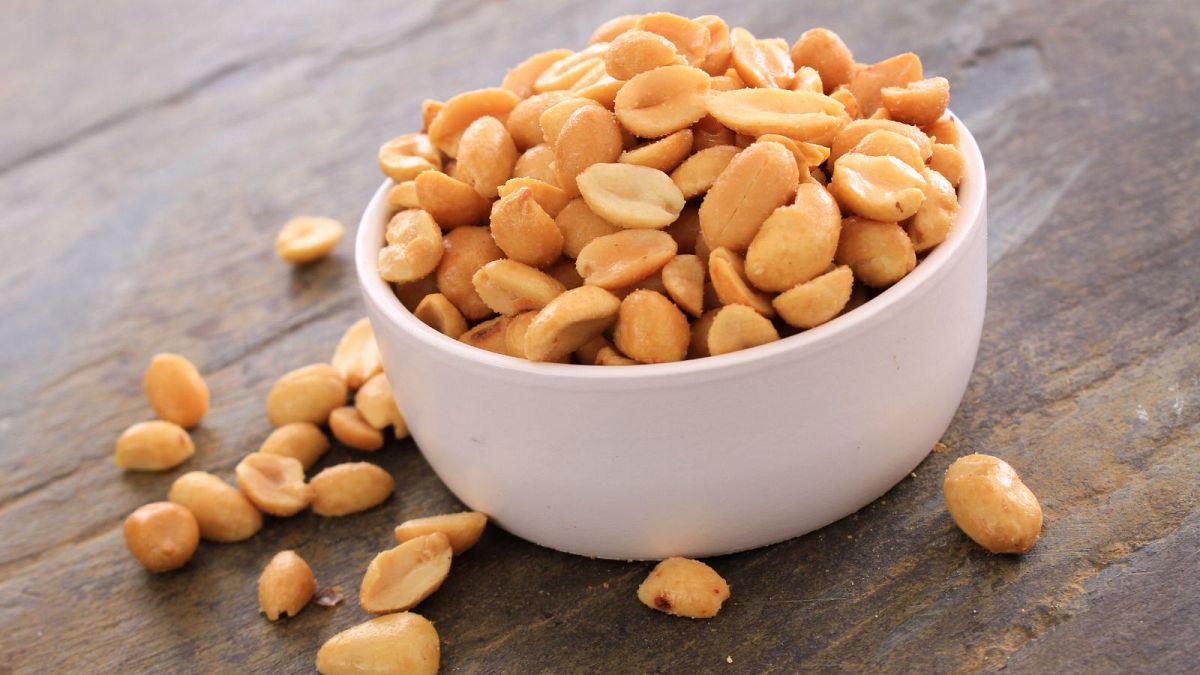The new findings provide evidence that introducing peanuts to infants could prevent peanut allergy in adolescence. Feeding peanuts to children regularly from infancy to age five reduced the rate of peanut allergy when they were teens by 71 per cent, according to a new study. The findings, published this week in the journal , found that early regular peanut consumption provided "lasting tolerance" to the legume even if the participants stopped eating peanuts afterwards.
The study was an extension of a previous randomised, controlled trial where half of participants consumed peanuts regularly from infancy to age 5 while the other half avoided them. They found in the first part of the trial that early introduction of peanuts "significantly decreased" the frequency of peanut allergy among children who were at high risk for it, reducing their risk at age 5 by 81 per cent. The investigators then followed up with the participants from when they were aged six to 12 or older.

The group with regular, early consumption of peanuts reduced their risk of allergy in adolescence by 71 per cent compared to the group that avoided them. "Decades of advice to avoid peanuts has made parents fearful of introducing peanuts at an early age," Gideon Lack, lead investigator and a professor of paediatric allergy at King's College London, . "The evidence is clear that early introduction of peanut in infancy induces long-term tolerance and protects children from allergy well into adolescence," Lack added.
















